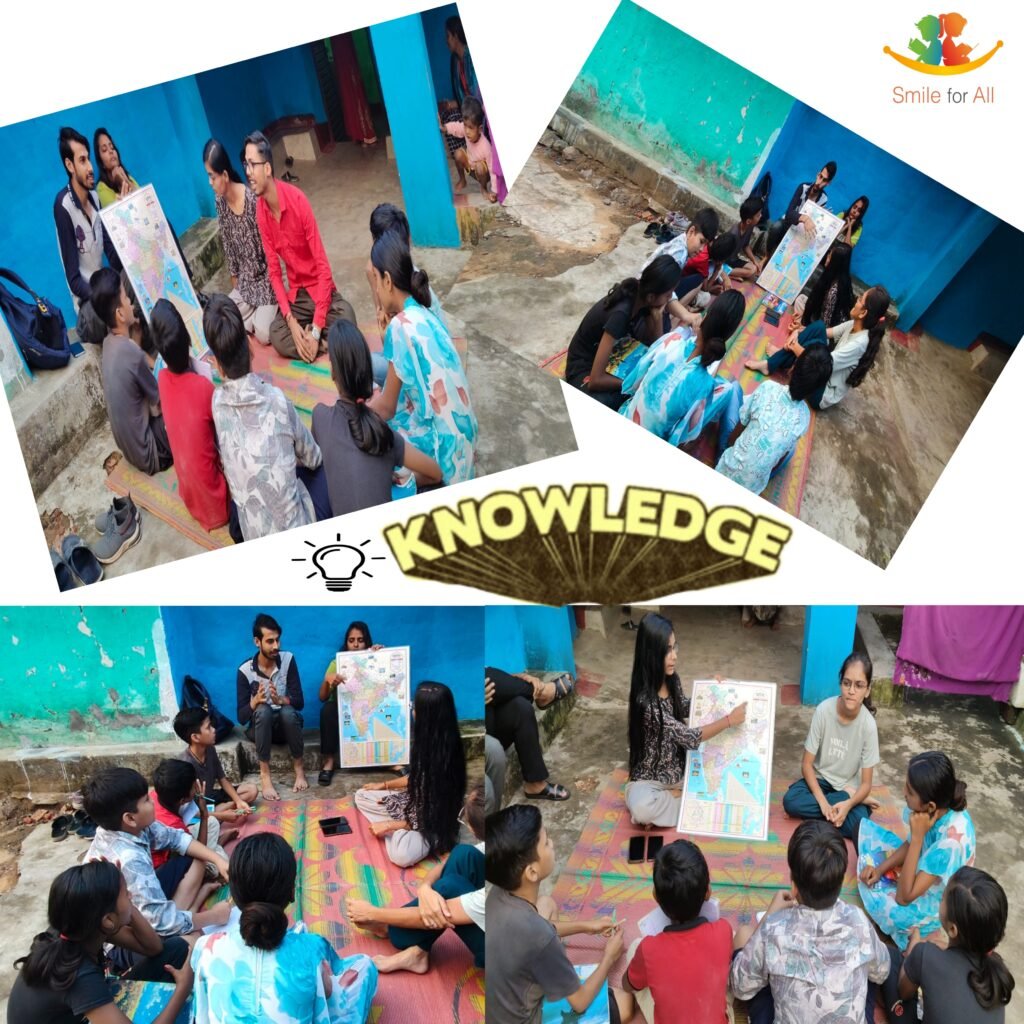
General Knowledge (GK) plays a pivotal role in shaping the minds of young learners, especially those from underprivileged backgrounds. For slum kids, GK can be a powerful tool to broaden their horizons, foster curiosity, and build confidence. In this blog, we’ll explore the importance of GK for educational development in slum kids.
Broadening Horizons
Slum kids often face limited exposure to quality education and resources. GK can bridge this gap by introducing them to diverse subjects, sparking curiosity, and encouraging exploration. By learning about the world beyond their immediate surroundings, slum kids can develop a broader perspective and aspire for more.
Enhancing Critical Thinking
GK encourages critical thinking, analysis, and problem-solving skills. By learning about various topics, slum kids can develop their cognitive abilities, think creatively, and make informed decisions. These skills are essential for academic success and real-life applications.
Building Confidence
GK can be a confidence booster for slum kids. By acquiring knowledge and participating in quizzes, debates, or discussions, they can develop a sense of pride and self-assurance. This confidence can translate to other areas of life, including academics and personal relationships.
Improving Academic Performance
GK is closely linked to various academic subjects, including history, geography, science, and more. By developing a strong foundation in GK, slum kids can improve their academic performance and build a solid base for future learning.
Fostering Global Citizenship
In today’s interconnected world, GK can help slum kids understand different cultures, traditions, and perspectives. This can foster global citizenship, empathy, and tolerance, essential for creating a more harmonious and inclusive society.
Overcoming Socio-Economic Barriers
For slum kids, GK can be a powerful tool to overcome socio-economic barriers. By acquiring knowledge and skills, they can compete with their peers from more privileged backgrounds and aspire for better opportunities.
Strategies for Implementation
To make GK accessible to slum kids, consider the following strategies:
1. Interactive Learning: Use engaging methods like quizzes, games, and activities to make GK learning fun and interactive.
2. Storytelling: Use narratives to convey complex information in an easily digestible format.
3. Community Involvement: Involve local community members, teachers, or volunteers to teach GK and mentor slum kids.
4. Digital Resources: Leverage digital platforms, apps, and online resources to provide access to quality GK content.
Conclusion
General Knowledge is a vital component of educational development, especially for slum kids. By introducing GK in a fun and engaging manner, we can empower these young learners to overcome socio-economic barriers, build confidence, and unlock their potential. Let’s work together to provide quality education and GK opportunities to slum kids, paving the way for a brighter future.
#GeneralKnowledgeForKids #GKForKids #KidsLearning #Education #QuizTime #LearningIsFun
https://youtube.com/shorts/_peQC-mCTvY?si=Xlp7wMnV0UG0PVVL
CONTACT DETAILS
- Top Floor, Aakash Institute B/44A, Gopalpura Bypass Rd, Surya Nagar, Jaipur, Rajasthan 302018
- Office +91 63505 01686
- smileforallsociety@gmail.com
QUICK LINKS
Copyright © 2025 Smile for All NGO. Powered by EvolverTech .

Leave a Reply